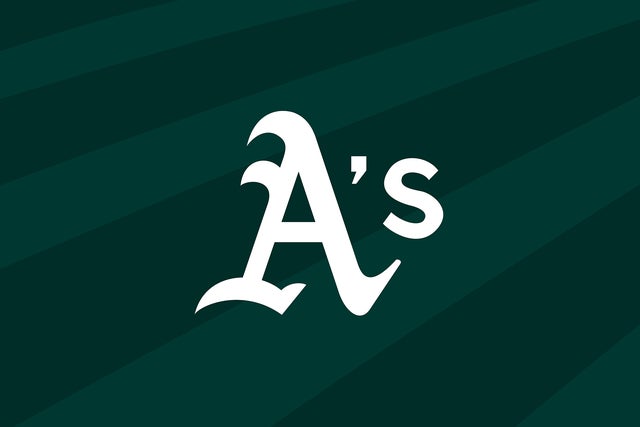Along with Bourdieu’s notion of a “feel for the game” came his theory of the game itself. Bourdieu understood the social world as being divided up into a variety of distinct arenas or “fields” of practice like art, education, religion, law, etc., each with their own unique set of ...
Along with Bourdieu’s notion of a “feel for the game” came his theory of the game itself. Bourdieu understood the social world as being divided up into a variety of distinct arenas or “fields” of practice like art, education, religion, law, etc., each with their own unique set of rules, knowledge, and forms of capital.A game is a structured form of play, usually undertaken for entertainment or fun, and sometimes used as an educational tool. Games are different from work, which is usually carried out for remuneration, and from art, which is more often an expression of aesthetic or ideological elements.Games are a type of play activity, conducted in the context of a pretended reality, in which the participant(s) try to achieve at least one arbitrary, nontrivial goal by acting in accordance with rules. — Ernest Adams · Throughout these statements, we see that many aspects of life can be compared to games, and that the concept of games has been used by philosophers (Wittgenstein’s concept of language games, for example) and social scientists (Bourdieu’s aforementioned passage).Psychological principles can help game designers understand the factors that keep players interested, entertained, and learning from their games. By studying player reactions to various game aspects, developers may craft more engaging and satisfying play sessions.





